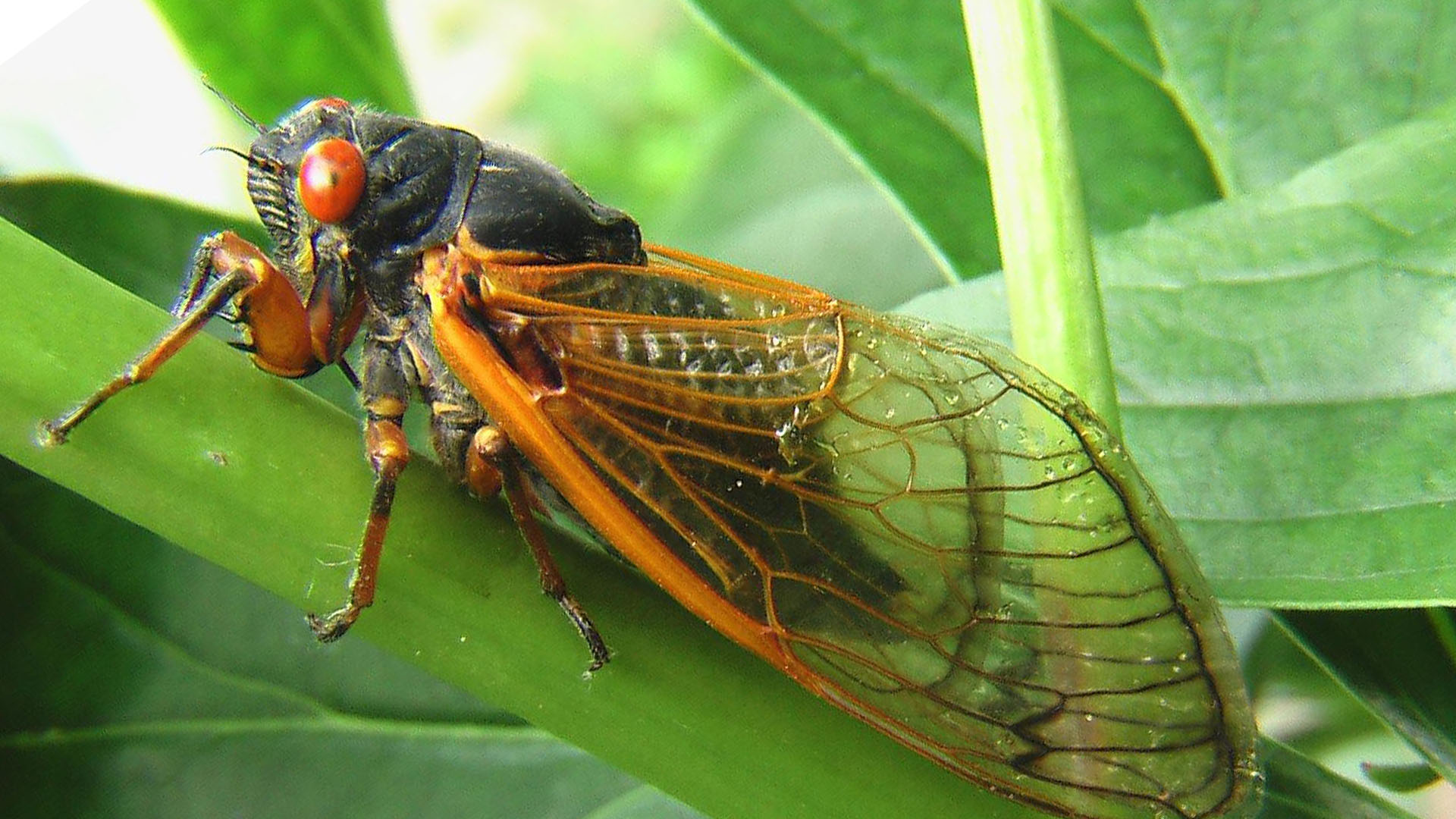It’s not surprising if you associate the shrill sound of cicadas with summer. That’s because the hotter it gets, the louder the males croon their love songs. In fact, their mating calls can reach up to 90 decibels, which is equal to the sound of a gas-powered lawn mower, another common summer sound. While we humans try to slow down when temps spike, some insect activity heats up. Below, we talk about a few of the other pests that make the most of the dog days of summer.
Call of the Cricket
As the cicada chorus dies down with the setting of the sun, you may notice another performer stepping up to the stage. Crickets, which are closely related to grasshoppers and katydids, tend to kick up their crooning after dark.
Unlike cicadas, which use sound organs called tymbals to create their calls, crickets rub their wings together. To the chagrin of sleepy homeowners, crickets often enter homes seeking food and water, a problem that becomes apparent when their nocturnal chirping disturbs your slumber. As an added bonus, they can be hard to find, making for a not-so-fun game of hide-and-seek.
Millipede Mania
Finding yourself startled by many-legged millipedes? When the days are hot and water is scarce, these lovers of the damp may seek moisture and water inside. That’s why you’ll often spot them in your basement, bathroom, around the kitchen and anywhere dark and damp. When they fail to find a moist place, they die by the droves, leaving you with numerous, tiny, curled-up carcasses.
Ant Action
A common uninvited guest at summer picnics, you may notice an increase in ant activity inside as well during the summer. As colonies get larger in the summer due to favorable temperatures, there is a greater need for food sources to feed all their hungry mouths. There is an old saying about the higher the ant hills in July, the harder the coming winter will be. We don’t know if this is true, but we do know that these tiny pests can quickly become a big problem in homes and businesses.
Enter the Earwigs
Seeing more earwigs as summer heats up? That’s because their eggs and young are more likely to survive with higher levels of heat and humidity, which means a small infestation can grow faster during the summer. Despite their name, these pests pose no harm to your ears, but do emit a nasty smelling liquid when threatened.
Help for Summer Pest Problems
For these pests and many others, the basics for protecting your home or business from invasion is three-fold: exclusion, removal of food sources and repair of leaks and water damage. Despite your best efforts, however, you may still find yourself with a pest problem. If that’s the case, reach out to us for expert help. Our pest technicians are specially trained to detect, evaluate and control pest problems all year round.

